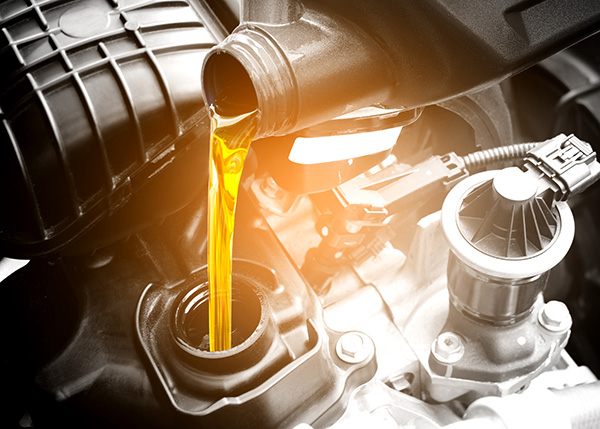
If your car seems to be guzzling engine oil faster than it should, it’s not just frustrating—it can also signal underlying issues that need attention. While topping off the oil might seem like a quick fix, excessive oil consumption is often a symptom of a bigger problem that could lead to costly breakdowns if ignored. These are the most common reasons your engine might consume too much oil, and how can you address them?
Worn Piston Rings or Cylinder Walls
One of the most common culprits behind high oil consumption is worn-out piston rings or cylinder walls. Piston rings are designed to create a tight seal between the piston and the cylinder wall, preventing oil from seeping into the combustion chamber. When these components wear out, oil can slip past the rings and burn along with the air-fuel mixture.
You might notice bluish smoke coming from your exhaust—an indicator that oil is being burned during combustion. This issue typically requires professional attention, as it often involves rebuilding or replacing engine components.
Valve Seal Problems
Valve seals play a crucial role in controlling the amount of oil that lubricates your engine's valves. Over time, these seals can harden, crack, or wear out, allowing oil to leak into the combustion chamber. Like worn piston rings, faulty valve seals can cause oil to burn, leading to increased consumption.
If you’re frequently adding oil between oil changes, it’s worth having a trusted professional check the condition of your valve seals. Catching this issue early can save you from more extensive repairs down the line.
Leaking Gaskets
Not all oil consumption issues are due to burning oil—sometimes, it’s leaking out of the engine altogether. Faulty gaskets, such as the oil pan gasket or valve cover gasket, can allow oil to seep out and create a mess under the hood or on your driveway.
Leaking gaskets are usually easier to spot, as you may notice oil puddles where your car is parked. Addressing these leaks promptly is essential to prevent further damage to your engine and surrounding components.
Clogged or Faulty PCV Valve
The Positive Crankcase Ventilation (PCV) valve is a small but vital part of your engine’s ventilation system. It helps regulate the pressure inside the engine and prevents oil from being drawn into the intake manifold. If the PCV valve becomes clogged or malfunctions, it can lead to excessive oil consumption.
Fortunately, replacing a faulty PCV valve is relatively straightforward and affordable, making it a good starting point if you’re troubleshooting high oil consumption.
Driving Habits and Conditions
Believe it or not, the way you drive can also impact your engine’s oil consumption. Aggressive driving, frequent high-speed trips, or towing heavy loads can increase the strain on your engine, causing it to use more oil.
If you often drive in stop-and-go traffic or in extreme temperatures, your engine might burn through oil faster than normal. While changing your driving habits won’t fix mechanical issues, being mindful of how you drive can help reduce unnecessary oil usage.
Low-Quality or Incorrect Oil
Using the wrong type of oil for your engine can also contribute to excessive consumption. For example, if you’re using oil that’s too thin (low viscosity), it might not provide adequate lubrication, leading to increased wear and oil usage.
Always check your owner’s manual or consult a professional to ensure you’re using the right oil for your specific vehicle. Opting for high-quality oil can also make a difference in how efficiently your engine operates.
Natural Aging of the Engine
Older vehicles with high mileage tend to consume more oil simply due to wear and tear over time. As engines age, their components can lose their tight tolerances, leading to minor leaks or burning oil. While this might be normal to some extent, excessive oil consumption should still be addressed to keep your vehicle running reliably.
Tired of constantly topping off your engine oil? Visit Don Lee's Tire & Auto in Raleigh, NC, for expert diagnostics and repairs. Our team will get your vehicle running efficiently in no time—schedule your appointment today!